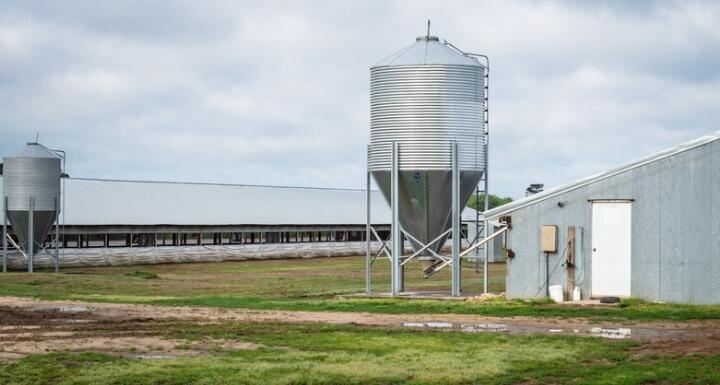The Coronavirus has been largely indiscriminate in its assault on the business community.
Agriculture is no exception. It is true that many "agribusinesses," especially those directly involved in food production and distribution, have been labeled as "essential" or "critical infrastructure." As a result, these businesses generally enjoy some degree of exemption from the various Stay at Home orders implemented by State and local governments in recent weeks.
But these exemptions, which are not all-encompassing, should not distract from the fact that over the last few years, many sectors of agriculture endured significant economic hardship. This pandemic only exacerbated the problems already plaguing many agribusinesses, including trade wars, shaky commodities markets, and skilled labor shortages. Agriculture, as much as any industry, is dependent on servicing regular purchasers, such as restaurants and schools, many of which are not operational. Further disruptions have come in the form of processing plants shuttered due to workers' infected with the COVID-19 virus. And the list goes on.
Fortunately, the programs that the government has recently implemented in response to the pandemic either specifically provide relief for agribusinesses or have been specifically extended to apply to agribusinesses. The United States Department of Agriculture ("USDA") has published a helpful matrix entitled the "COVID-19 Federal Rural Resource Guide," which provides links to resources for various categories of industry participants. In addition, the USDA regularly publishes answers to frequently asked questions and other updates on assistance to the industry here, and it makes sense for those in agribusiness to keep a close eye on them.
Here is a very brief summary of some of the available programs and the recent developments in them:
The Coronavirus Aid, Relief, and Economic Security ("CARES") Act
Numerous provisions in this legislation apply to agribusinesses, including:
- $9.5 billion in disaster relief funds which the USDA may provide to specialty crop, dairy, and livestock producers, livestock producers, and food producers that supply local food systems.
- Boosting the borrowing authority of the Commodity Credit Corporation, which provides certain bailout payments and other opportunities, from $14 billion to $30 billion.
- Farm Service Agency ("FSA") Marketing Assistance Loans ("MALS"): These loans now mature at 12 months rather than nine, and this flexibility is available for most commodities.
Paycheck Protection Program Loans
This program provides $349 billion in partially forgivable loans designed to help small businesses continue to pay their employees during this uncertain time. The Small Business Administration ("SBA") published its Interim Final Rule on April 2, 2020, and in it, the SBA confirmed that most agribusinesses are eligible regardless of revenue levels. Any applicants for the program should confirm their eligibility with legal counsel and the lender prior to applying.
Ed. note: As of this morning, the SBA has exhausted the $350 billion allocated for the PPP program. We understand Congress is likely to take further action to make additional funds available. We will keep you informed.
Farm Service Agency ("FSA") Loans
These loans are still available, and the FSA is still servicing them. In addition, the loan-making process requirements have been "relaxed," which includes extending the time to apply, lessening the required lien searches, and closing loans even with certain government functions impaired. You can learn more about that here.
Crop Insurance
Authorized insurance providers are now allowed to provide additional time for the payment of premiums and administrative fees. In addition, certain inspection requirements and other requirements may be waived or modified. Insureds should contact their insurance carriers about these changes.
Agriculture is today, and has always been, near and dear to our Firm's heart. North Carolina is where we focus, and agriculture is a critical pillar of our state's economy. We have worked with agribusinesses of all kinds for over fifty years, and we have focused that representation into a dedicated practice group. From farmers and nurseries to processors and storage houses, to chemical and equipment providers, we are here to help, especially in these delicate and uncertain times. Please do not hesitate to reach out to one of our Agribusiness or COVID-19 Response team members if you have any questions about the material covered in this article or agribusiness representation in general.








